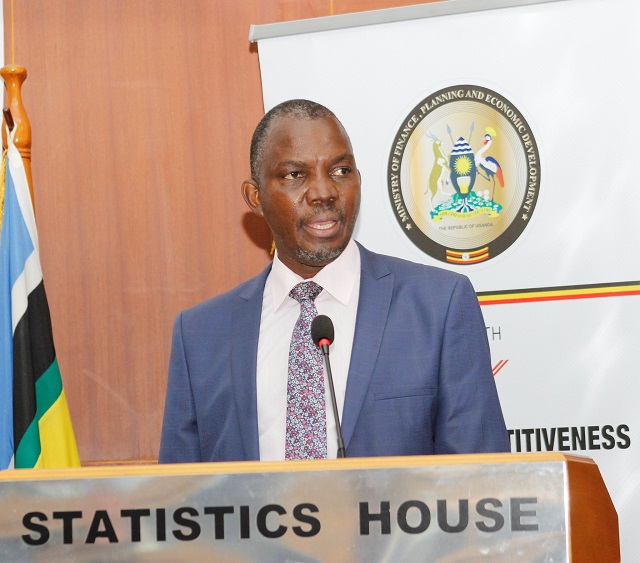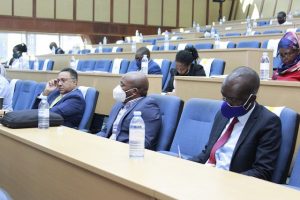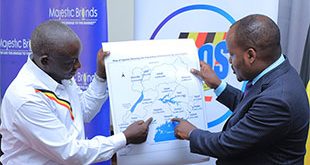
Kampala, Uganda | THE INDEPENDENT | Entrepreneurs and prospective investors in Uganda are getting more concerned about long bureaucratic procedures in dealing with government, than they are concerned with corruption or bribery, according to a survey.
The procedures involved when an investor wants to start up a business in Uganda, include registration of the company at the Uganda Registration Services Bureau, the Uganda Investments Authority and the Uganda Revenue Authority.
Some companies however choose to skip registering for some certificates especially the UIA, where it is not a requirement.
A survey by Makerere University School of Economics shows that many entrepreneurs are frustrated by government officials especially during registration.
They cite the multiple registration centres, in addition to the many processes at each of the offices they have to go through as well as the high costs of registration.

The survey findings on the issues that affect enterprises starting up a business in Uganda, and how the environment impacts business enterprises were released at the 11th National Competitiveness Forum organised by the Ministry of Finance, Planning and Economic Development.
This comes as Uganda continued to be one of the worst countries to do a business in, ranking 116th out of 190 countries surveyed by the World Bank in 2019.
The main problems usually cited are to do with access to electricity, registration of a business and access to finance where the country usually ranks poor.
Dr. John Sseruyange says this increases the cost of doing business in Uganda and affects Uganda’s competitiveness with other countries.
The respondents called for the automation of information and the integration of data bases regarding investment so as to improve information flow.
They also want registration centres decentralized to avoid crowding in Kampala which enhances the opportunity for corruption.
The survey was done in five cities of Kampala, Jinja, Gulu, Mbale and Mbarara which are considered the biggest business centres.
Government offices and officials at Gulu and Jinja were the most cited for bribery, while bureaucracy was a problem mostly at the government offices in Jinja and Mbale.
There investors also called for a stable supply of electricity with 85% saying while there is enough or adequate voltage, the frequent outages and high tariffs are affecting their business.
On water, the respondents reported unstable supply, but beverage companies are more concerned about the uncleanness of the water supplied.
They say water outages cost them between Shs 300,000-800,000 per month depending on the size of the company. The other main obstacle to the competitiveness of Ugandan enterprises is access to land ownership.
The report says many entrepreneurs rent or hire the land on which they operate from and this makes business expensive, affects their peace of mind and also limits how much credit they can secure from formal lenders.
On transport, 93% admitted that the roads are good, whether they are tarmac or gravel, but in most cases, these stop around the cities and the situation worsens towards the more rural areas.
They called for the fast implementation of both the Standard Gauge Railway and the metre gauge railway projects, saying the current network takes 21 days in total to move cargo between Uganda and Mombasa in Kenya.
However, there are many entrepreneurs that have failed to access government services like the opportunity to operate from export zones, which are areas designated by government to facilitate companies that are producing for export.
Under the zones, government gives incentives like land and waiver on taxes in investments and raw materials among others.
Dr. Sseruyange says some producers have refused to join the zones because they know their product quality is below the requirements set by the government and they prefer to operate outside which is more costly.
Producers also faulted government for failing to even enforce standards that are in place to protect the export markets.
The Managing Director of Nakifuma Farm Company Ltd, John Magnay attacked government for looking on and talking about import substitution as the country continued to import meat from Kenya.
******
URN
 The Independent Uganda: You get the Truth we Pay the Price
The Independent Uganda: You get the Truth we Pay the Price



